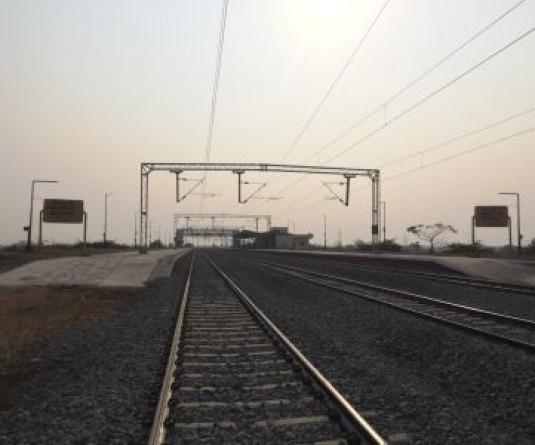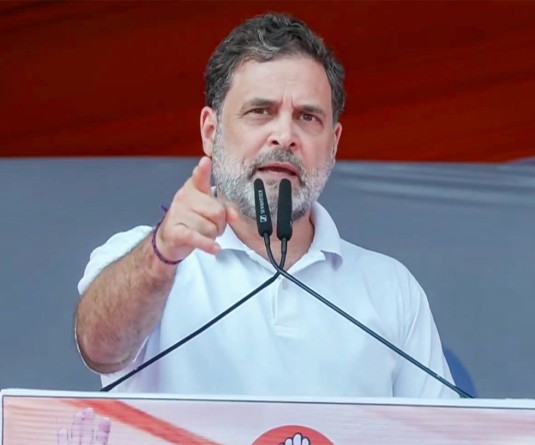
New Delhi, January 11 (PTI): Tata group chairman Ratan Tatahas criticised in the Supreme Court the government’’s”lackadaisical attitude” on the leakage of his tappedtelephonic conversations with corporate lobbyist Niira Radia,alleging it has remained least bothered about the violation ofan individual’’s privacy in the entire episode.
He voiced the criticism in an affidavit filed in thecourt in response to the government’’s reply to his petition,seeking protection of his right to privacy, linked to thecitizens’’ fundamental right to life. “Petitioner (Tata) is seriously concerned about thelackadaisical attitude of the government on standing by andallowing purloined material of this kind to be freelydistributed and published without taking any step to retrieveit or to find out the source of leakage,” said Tata in hisaffidavit. He said failure to protect his tapped conversationsfrom being leaked and letting it reach outsiders “was not amatter of many great moments in law”.
Tata pointed out that the Centre’’s affidavit to theapex court “gives the impression that it is the perception ofthe government that while protecting such wiretap material isrequired by the rules, the failure to safeguard such materialleaking out and reaching the hands of outsiders does notwarrant any step on the part of the government to retrieveit” or to probe as to how the leak occured. Tata has also expressed reservations against thegrowing practice of intercepting telephonic conversation ofindividuals to probe cases involving violation of tax lawswhile the provision was originally used only to investigateserious offences involving the security of the state.
The government in its affidavit has admitted that “notonly this power of tapping telephones is being exercised wherethere is a compelling need to prevent the commission ofserious crime which impinges upon the securty of the state,but it has been widely extended even to prevent violation oftax laws,” said Tata in his affidavit. “The present petition does not seek to raise thevalidity of this extension of the power to wiretap to the taxauthorties,” said Tata adding, the government, howerver, musttake responsibilty to ensurt that such material is not leakedto public domain.
While raising the “serious issue of invasion ofprivacy”, Tata also questioned the journalistic ethics inpublishing loose conversations between two individuals. “Publishing transcript of conversations between twoindividuals ... without ascertaining the truth of the contentsof the conversation but also without differentiating betweenloose conversation (more in the nature of gossip) and mattersthat may be considered as admission against the personindulging in the conversation can hardly be justified on thehigh principles of freedom of press,” said Tata. .
He voiced the criticism in an affidavit filed in thecourt in response to the government’’s reply to his petition,seeking protection of his right to privacy, linked to thecitizens’’ fundamental right to life. “Petitioner (Tata) is seriously concerned about thelackadaisical attitude of the government on standing by andallowing purloined material of this kind to be freelydistributed and published without taking any step to retrieveit or to find out the source of leakage,” said Tata in hisaffidavit. He said failure to protect his tapped conversationsfrom being leaked and letting it reach outsiders “was not amatter of many great moments in law”.
Tata pointed out that the Centre’’s affidavit to theapex court “gives the impression that it is the perception ofthe government that while protecting such wiretap material isrequired by the rules, the failure to safeguard such materialleaking out and reaching the hands of outsiders does notwarrant any step on the part of the government to retrieveit” or to probe as to how the leak occured. Tata has also expressed reservations against thegrowing practice of intercepting telephonic conversation ofindividuals to probe cases involving violation of tax lawswhile the provision was originally used only to investigateserious offences involving the security of the state.
The government in its affidavit has admitted that “notonly this power of tapping telephones is being exercised wherethere is a compelling need to prevent the commission ofserious crime which impinges upon the securty of the state,but it has been widely extended even to prevent violation oftax laws,” said Tata in his affidavit. “The present petition does not seek to raise thevalidity of this extension of the power to wiretap to the taxauthorties,” said Tata adding, the government, howerver, musttake responsibilty to ensurt that such material is not leakedto public domain.
While raising the “serious issue of invasion ofprivacy”, Tata also questioned the journalistic ethics inpublishing loose conversations between two individuals. “Publishing transcript of conversations between twoindividuals ... without ascertaining the truth of the contentsof the conversation but also without differentiating betweenloose conversation (more in the nature of gossip) and mattersthat may be considered as admission against the personindulging in the conversation can hardly be justified on thehigh principles of freedom of press,” said Tata. .






